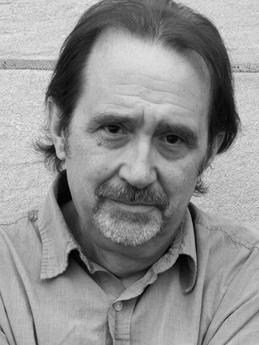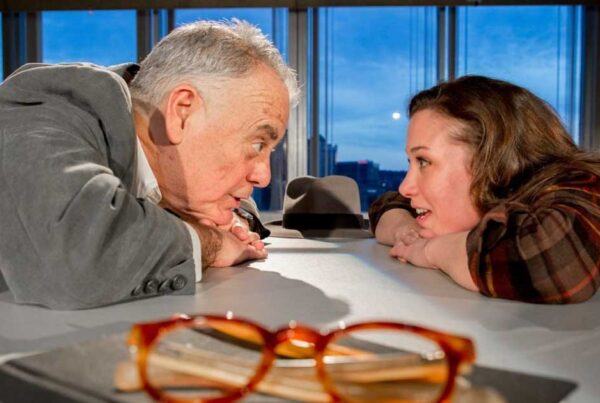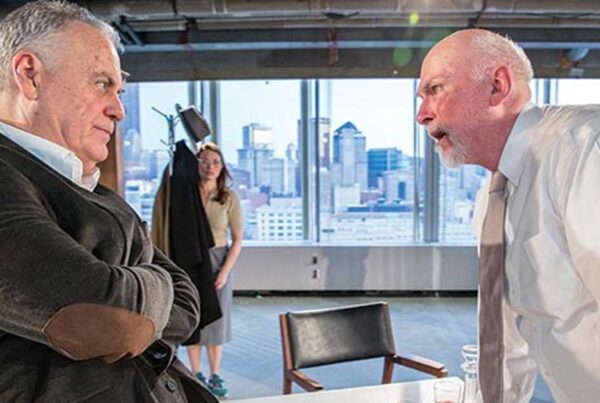
Martin Giles
Ibsen is commonly, and perhaps a bit blithely, called the Father of Modern Drama. To my mind, he is the vanguard of modern literature, of modern thinking, altogether. He inspired many of the greatest and quintessentially modern writers–Joyce, Beckett, Eliot, Pound–and they adopted his program. He saw a world that represented death-in-life, its main informing forces being mechanical and commercial, its religion bland and oppressive, an institution advocating for those forces. He well discerned the boiling forces of discontent with this world–irrepressible humanity–that would lead to revolution. But he had the vision of the poet and prophet, knowing that change would not matter if it was simply a replacement of massive force by massive force. The world needed to be up-ended, yes, but only by each person being up-ended, awakened, imbued with the creative energy that originates in our common and complicated depths. That energy, those depths, are best represented, best evoked by the mythologies bestirred by humans facing the dread and mystery of Life in the time before they became mechanics and merchants and the dread and mystery were covered and repressed. In Ibsen’s case, those were the vital, riddling and comprehensive mythologies of the Norse. The powers, spirits and heroes therein, the dramas enacted there, bespeak the tumult and striving of the original creative energies that awakened us, and keep awakening us, to our humanity. To Ibsen, this process of ever-awakening had been denied, turned from, even fled from, building the death-in-life of the emerging modern world. His project, then, was to reawaken us to this process, that goes ever on, repress it though we might, making us violent, confused and miserable if we will not awaken to it, our lives an ongoing bad dream. We are fired, called to, haunted by it in all walks of life, in our living rooms, shops and places of work. The Master Builder takes place in a workshop, a living room, and on a porch. Its characters are people we recognize. They are whirled in the dancing original energies, the undeniable processes–the mythopoeic–that weave them into a drama of fate, hubris, sacrifice, resurrection and awakening to fuller humanity.
—Martin Giles




